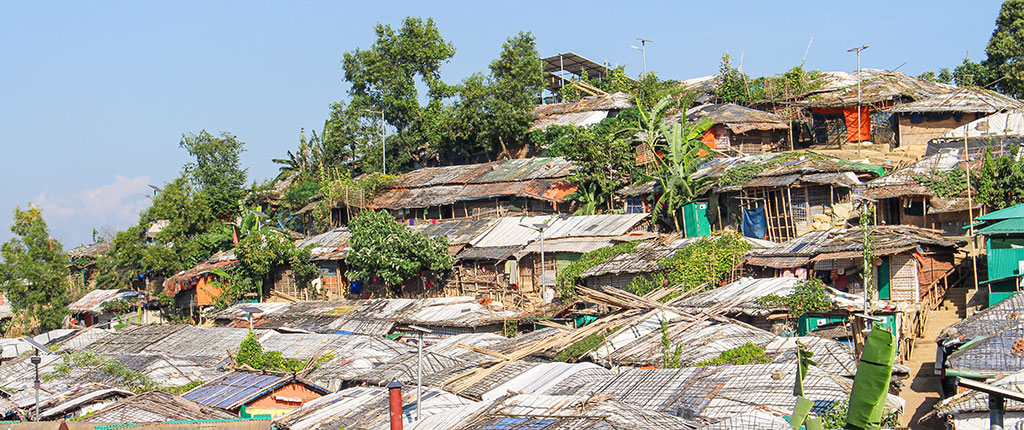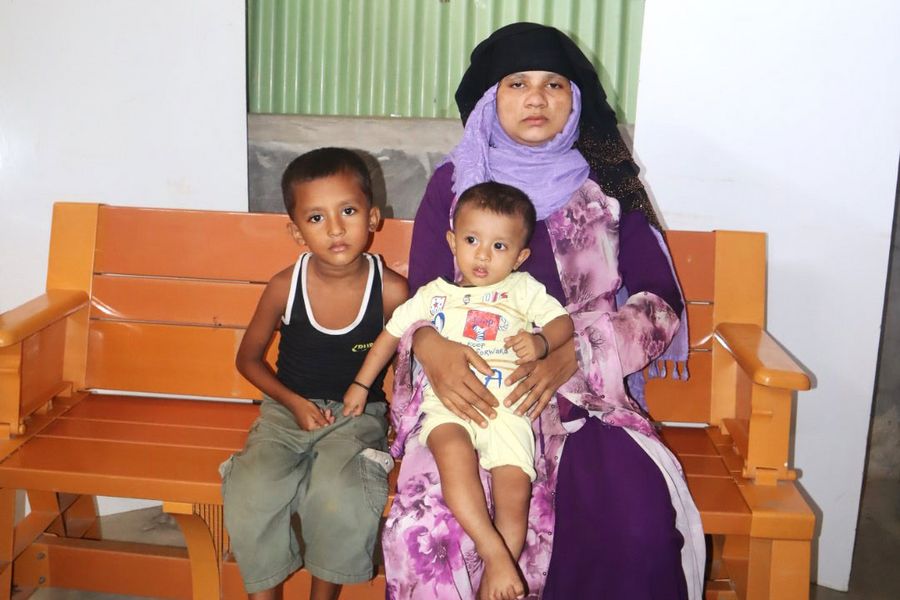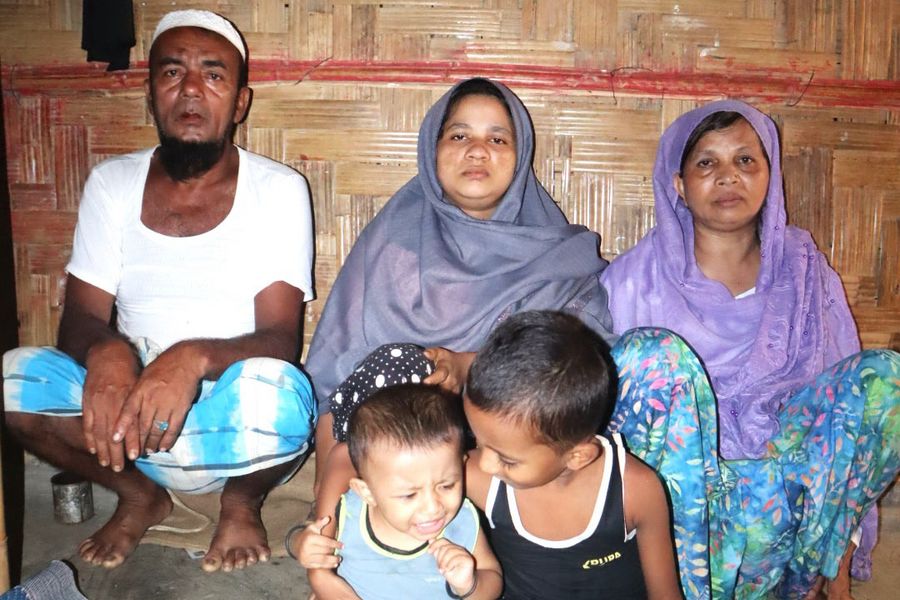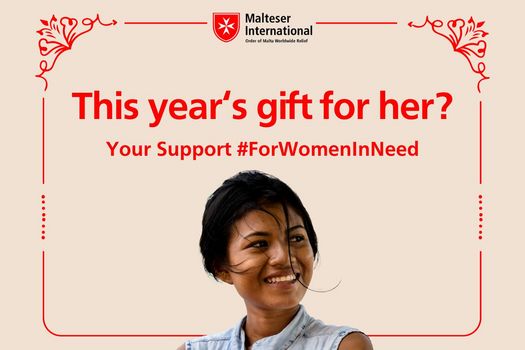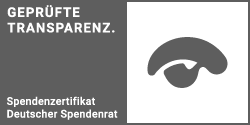Solidarity and support for women in need - your Christmas donation
Nothing works without women. They provide, protect, care, organize, love, laugh, comfort - no matter where in the world, women and mothers are the social backbone of almost all communities. Nevertheless, women worldwide and especially in the Global South are disadvantaged in many areas of life and are particularly affected by social inequality. Conflicts, persecution and the consequences of natural disasters further exacerbate these inequalities.
In our projects, we are actively committed to women in order to promote a more just society. Let us work together to ensure that women worldwide live safe, healthy, and self-determined lives. Join us this Christmas and support women in need.
Support now women in need
